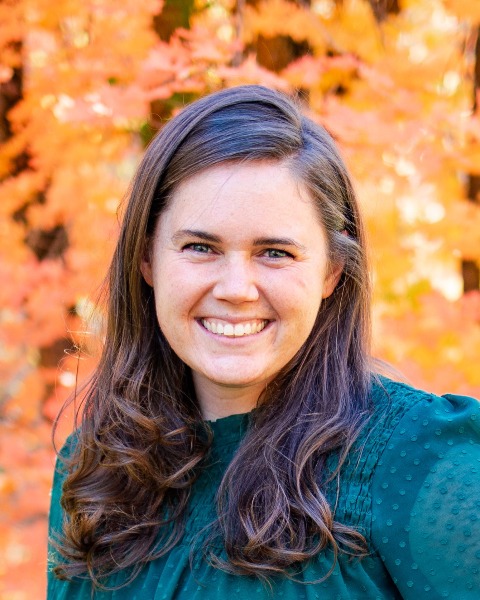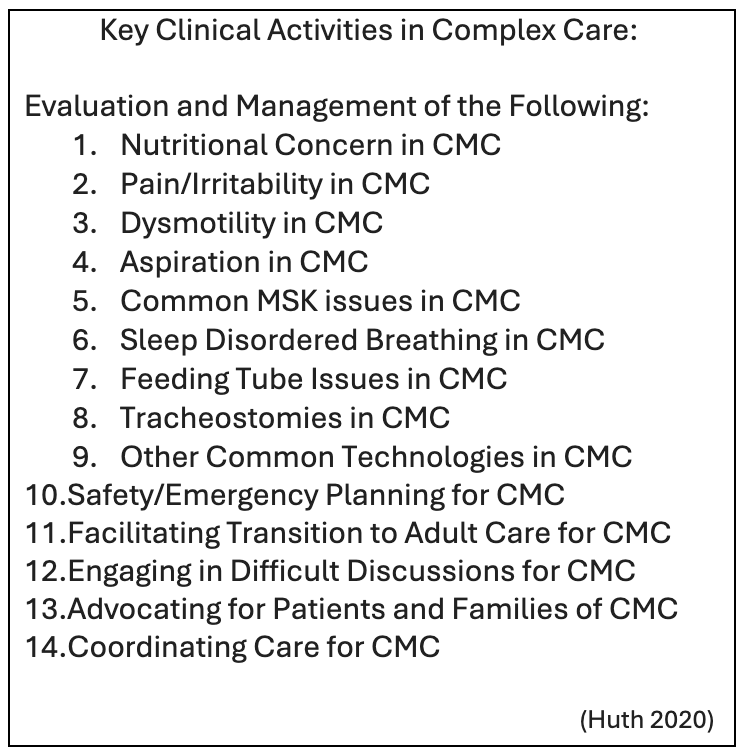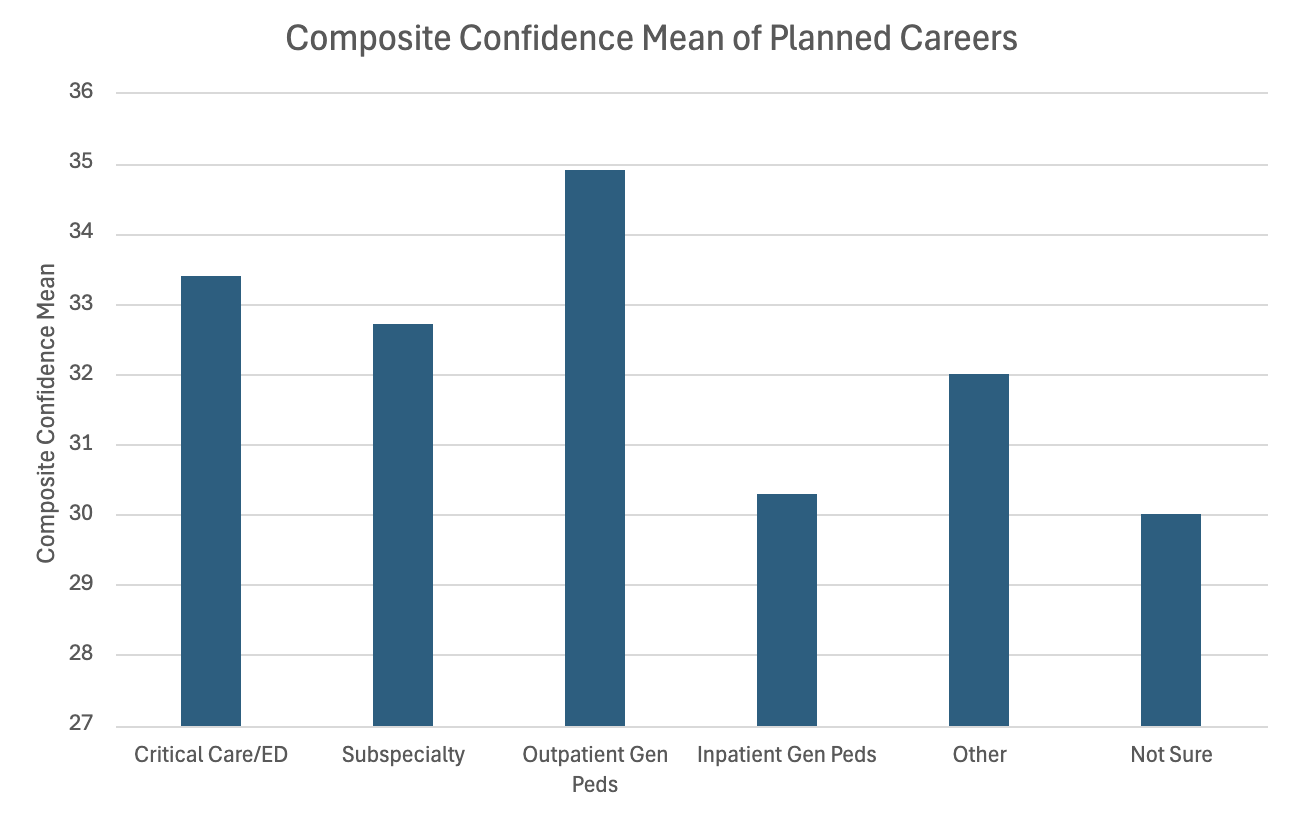Children with Chronic Conditions 4
Session: Children with Chronic Conditions 4
479 - Pediatric Residents' Self Reported Confidence in Caring for CMC
Monday, April 28, 2025
7:00am - 9:15am HST
Publication Number: 479.6500
Elizabeth A. Hill, University of Utah School of Medicine, Salt Lake City, UT, United States; Kathleen Huth, Boston Children's Hospital / Harvard Medical School, Boston, MA, United States; Alyssa Kreutzjans, University of Utah School of Medicine, Cottonwood Heights, UT, United States; Stefanie G. Ames, University of Utah School of Medicine, Salt Lake City, UT, United States; Laura Murphy, University of Utah School of Medicine, Salt Lake City, UT, United States; Nancy A. Murphy, University of Utah Health Sciences Center, Salt Lake City, UT, United States

Elizabeth A. Hill, DO (she/her/hers)
Assistant Professor
University of Utah School of Medicine
Salt Lake City, Utah, United States
Presenting Author(s)
Background: Children with medical complexity (CMC) have multisystem conditions, high medical fragility, technology dependence, major functional limitations, and frequent healthcare interactions. A recently published survey of pediatric residents in a large academic center revealed low levels of confidence in caring for CMC, even near completion of training (Salem 2022). However, it is unknown if these results are consistent across pediatric residency programs in other centers.
Objective: To characterize pediatric residents’ confidence in key clinical activities required to care for CMC by year of post-graduate training and planned future career.
Design/Methods: This is a cross-sectional survey study including residents (post graduate year (PGY) 1-5) in a moderately sized pediatric academic residency program. Residents were anonymously surveyed in May 2024 on future career plans, prior experience with CMC before medical training, and self-entrustment/confidence in 14 key clinical activities in complex care on a 5-point Likert scale (Fig 1). Responses from individual participants were analyzed using a composite score for confidence for standardization and observing overall trends. Descriptive and univariate comparison statistics were performed.
Results: Of the 110 residents invited, 88 (80%) completed the survey. Participants were distributed across all PGYs (1-5) including categorical pediatrics (73%), med peds (6%), pediatric neurology (6%), pediatric psychiatry (15%), and genetics (1%). Career plans included subspecialty pediatrics (n=28, 32%) and outpatient general pediatrics (n=24, 27%). Only a small number of participants had any prior experience with CMC (n=8, 9%). The mean level of confidence for all residents was 33 (±9)/70, indicating modest levels of confidence among the participants. Confidence increased as years of training increased (p < 0.001), yet did not vary by planned future career (Fig 2). Pediatric residents pursuing hospitalist medicine reported the lowest level of confidence in key clinical activities (Fig 3).
Conclusion(s): Pediatric residents report increasing levels of confidence in key clinical activities required to care for CMC by duration of training, yet overall levels of confidence are modest. These results are consistent with Salem et al’s findings. This is concerning for the growing population of CMC who need a well prepared workforce to care for them. Further research is needed to determine how these results compare to actively practicing pediatricians in the community, and to develop new strategies that enhance the pediatric residency curriculum and experience in the care of CMC.
Figure 1
 14 Key Clinical Activities
14 Key Clinical Activities .png)
Figure 3
 Composite Confidence Mean by Planned Career
Composite Confidence Mean by Planned Career
